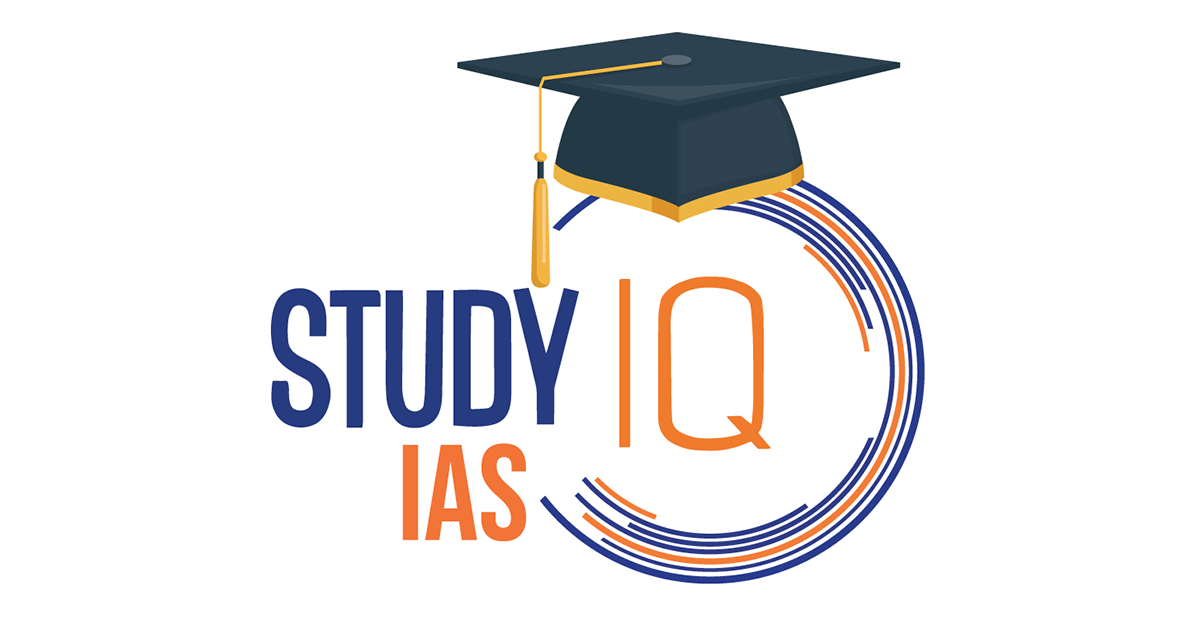Key Outcomes of the Hindu AI Summit 2024
Application of AI
- AI is playing a critical role in screening refractive eye errors among children and detecting pregnancy-induced hypertension (PIH).
- Core engineering subjects are leveraging AI tools, encouraging students to learn and adapt to AI for industrial adaptability.
- AI has evolved to democratise knowledge, making it accessible to a broader population through various applications.
- AI processes and analyses massive amounts of data, solving complex problems and improving efficiency in industries.
Challenges
- Algorithm-based bias and cognitive bias pose risks to fairness in AI systems.
- The accuracy of AI output depends on the quality and quantity of data fed into the system.
- Emerging issues like copyrights, data protection, and cyber vulnerabilities need regulatory frameworks.
- The rapid pace of digitization can lead to phishing campaigns, as not all employees are digitally aware, increasing the risk of users inadvertently entering sensitive credentials online.
Initiatives
- The Tamil Nadu government recently announced its AI mission to promote the technology and expand its use.
- Also the government is setting up a Centre of Excellence with an AI lab, offering it to startups and small players for a minimal fee.
Suggestions
- A global consensus is needed to regulate AI usage in governance to address challenges such as copyrights, data protection, and cybersecurity vulnerabilities.
- AI models must be transparent to ensure better traceability and help users interpret decisions made by these systems.
- An alternative auditing mechanism should be established to assess AI systems and implement ethical policies.
- Human intelligence and AI should coexist, with humans providing the right input and data while AI complements human efforts by excelling in data processing and problem-solving.


 Cabinet Committee on Security Suspends I...
Cabinet Committee on Security Suspends I...
 Pahalgam Terror Attack: All Eyes on Paha...
Pahalgam Terror Attack: All Eyes on Paha...
 World Immunization Week (24 to 30 April)...
World Immunization Week (24 to 30 April)...






















